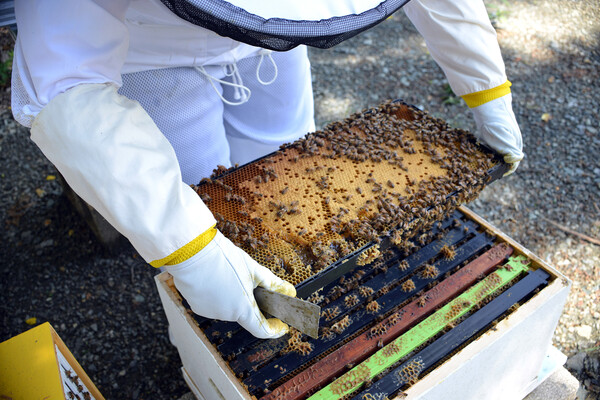
nocred
2 min. read
Annenberg School for Communication assistant professor David Lydon-Staley loves the written word. When he’s not teaching classes or studying how people satisfy their curiosity online, he can be found reading a novel next to his dog, Stacey.
An Irish expat, Lydon-Staley honed his love for literature at Trinity College Dublin, where he studied English and psychology. His interest in psychology led to research projects to understand the minutiae of daily life, specifically how small changes in behavior from second to second affect health and well-being, which he investigates through his Addiction, Health, & Adolescence (AHA!) Lab.
The need to understand human emotion and behavior inspired Lydon-Staley to pursue a Master’s in creative writing at Drexel University.
Lydon-Staley discusses his creative practice, the overlap between his creative and academic work, and how his teaching informs his writing outside of the classroom.
“Writing a research paper and a novel feel like very different undertakings. I notice this most when, after a day of being a scientist, I switch over to creative writing. But, both types of writing require creative and analytical thinking,” says Lydon-Staley. “In science, it takes an imaginative leap to move beyond the existing literature and to design a study that will get to the heart of the question you’re asking while working within constraints related to time, funding, and many other realities. In creative writing, the effortless read that comes with a fast-paced novel is undergirded by a writer’s deep engagement with, and analysis of, craft elements.”
Lydon-Staley is currently teaching the undergraduate course Adolescence and Media. “I don’t know if I would have taken on creative writing as seriously as I am now if I hadn’t started teaching this course when I joined Annenberg,” he says. “As part of this course, students learn the science behind adolescence and then engage with media, including movies, to analyze the extent to which media representations of adolescence align with scientific understanding of this period.”
“Given the importance of media representation, students have the option to write a piece of creative writing inspired by course content as a final project. After spending years talking from a lecture podium about what the world needs to help adolescents flourish, I decided I wanted to contribute to this work more directly, and that’s part of what motivated me to pursue an M.F.A. in Creative Writing.”
Read more at Annenberg School for Communication.
From Annenberg School for Communication

nocred

The sun shades on the Vagelos Institute for Energy Science and Technology.
nocred

Image: Kindamorphic via Getty Images

nocred